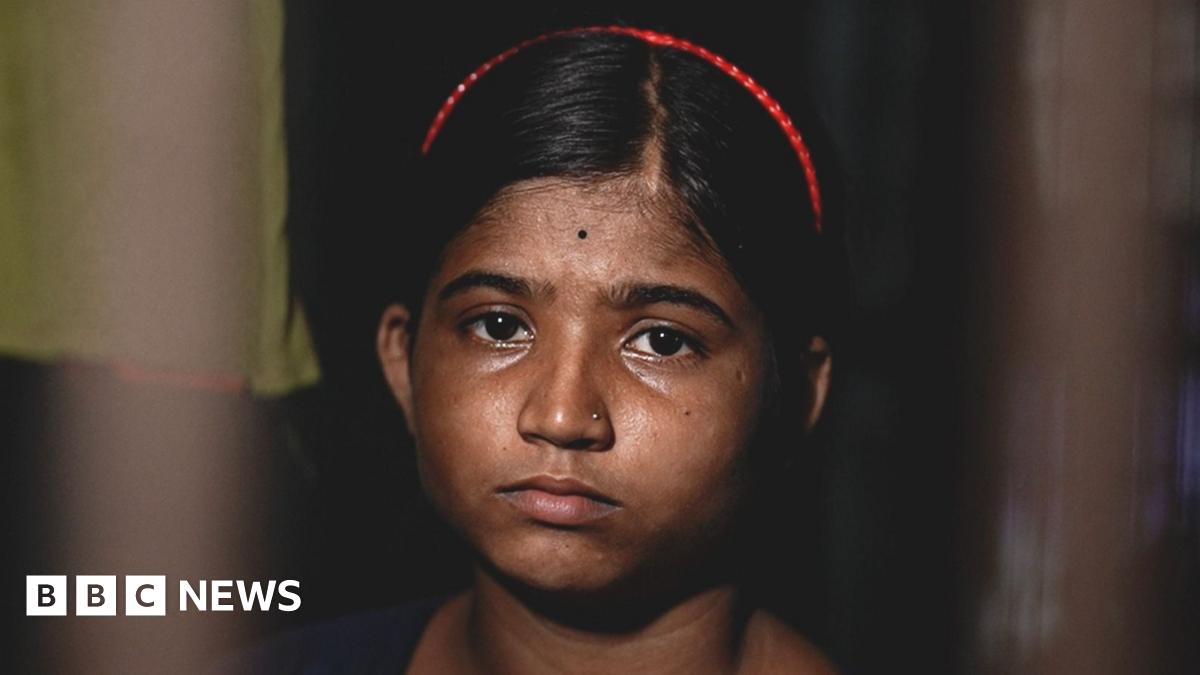Useful information
Prime News delivers timely, accurate news and insights on global events, politics, business, and technology
Useful information
Prime News delivers timely, accurate news and insights on global events, politics, business, and technology

Over the past three decades, at least 565 children in the Indian state of West Bengal have been injured or killed by homemade bombs, a BBC Eye investigation has found.
So what are these deadly devices and how do they relate to political violence in West Bengal? And why do so many Bengali children pay the price?
On a bright summer morning in May 1996, six children from a poor neighborhood in Calcutta, the capital of the Indian state of West Bengal, went out to play cricket in a narrow alley.
Their shantytown, located in the middle-class neighborhood of Jodhpur Park, was full of life. It was a holiday: voting day in a general election.
Nine-year-old Puchu Sardar, one of the boys, grabbed a cricket bat and silently walked past his sleeping father. Soon, the crunch of the bat colliding with the ball echoed in the alley.
A ball that went out of bounds of their makeshift field caused the children to search for it in a small nearby garden. There, in a black plastic bag, they found six round objects.
They looked like cricket balls that someone had left behind and the boys returned to the game with their loot.
One of the “balls” from the bag was thrown at Puchu, who hit it with his bat.
A deafening explosion ripped through the alley. It was a bomb.
When the smoke rose and neighbors ran out, they found Puchu and five of his friends lying in the street, their skin blackened, their clothes charred, and their bodies torn.
Screams cut through the chaos.
Seven-year-old Raju Das, an orphan raised by his aunt, and seven-year-old Gopal Biswas died of their injuries. Four other children were injured.
Puchu narrowly survived, having suffered severe burns and shrapnel wounds to his chest, face and abdomen.
He spent more than a month in the hospital. When he returned home, he had to use kitchen tongs to remove the shrapnel still lodged in his body because his family had run out of money to pay for more medical care.